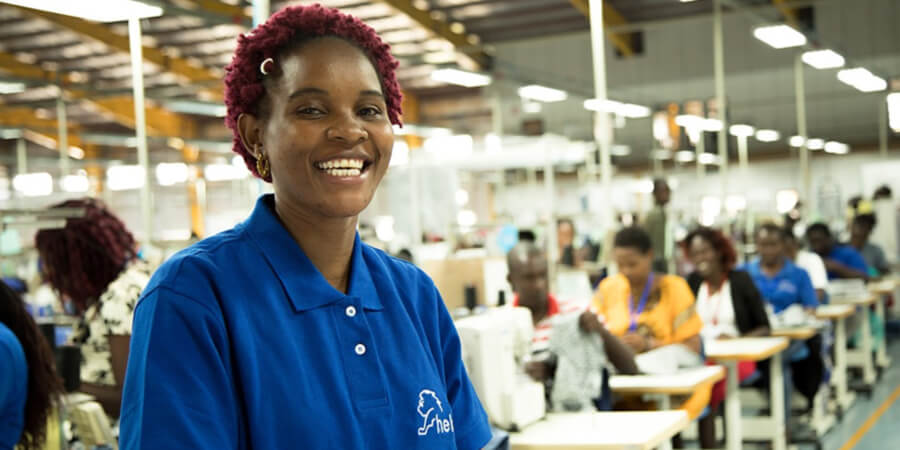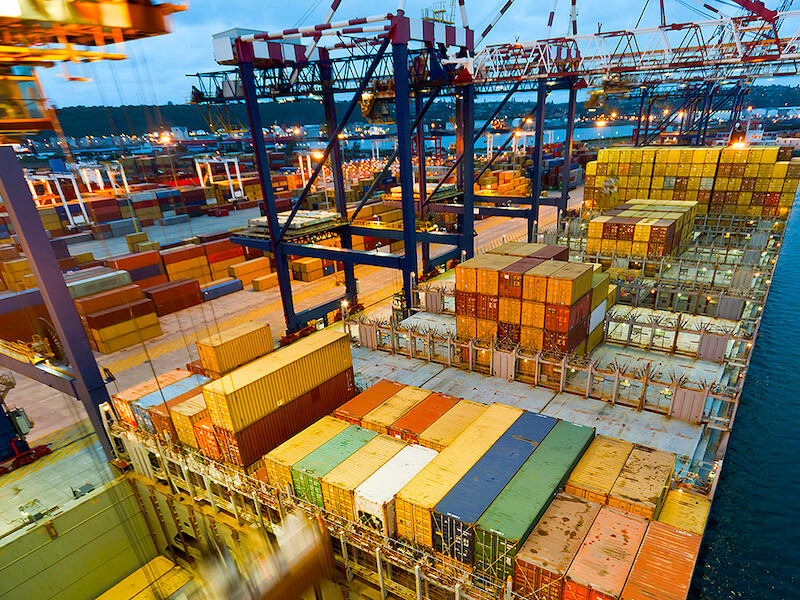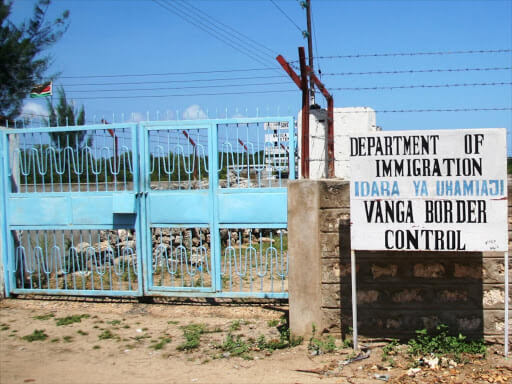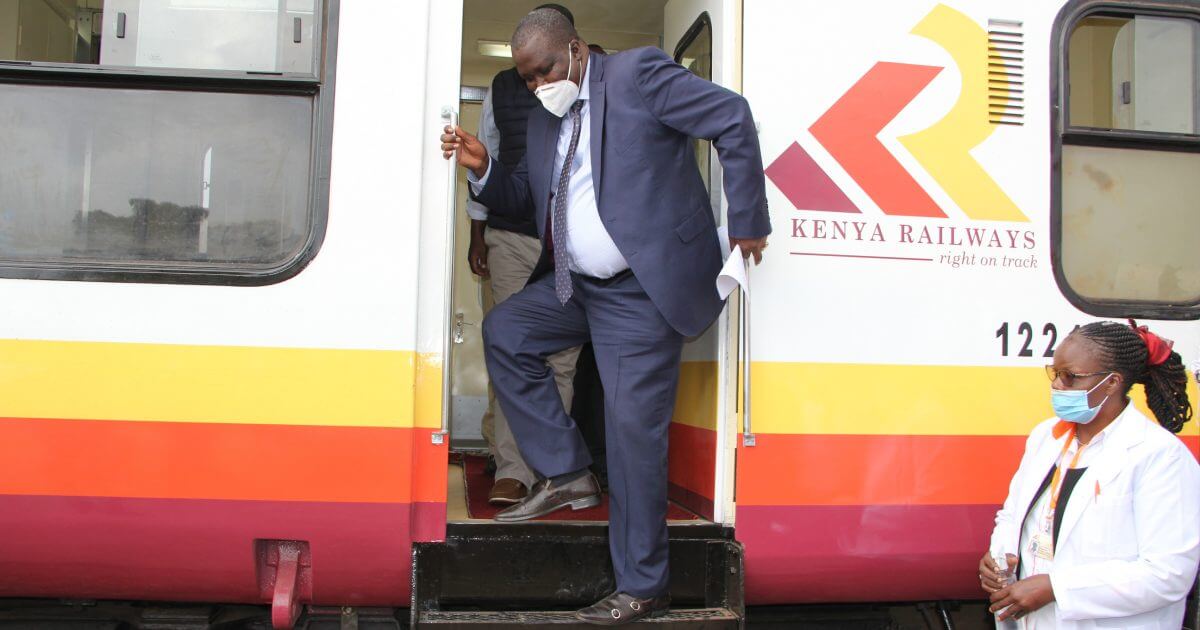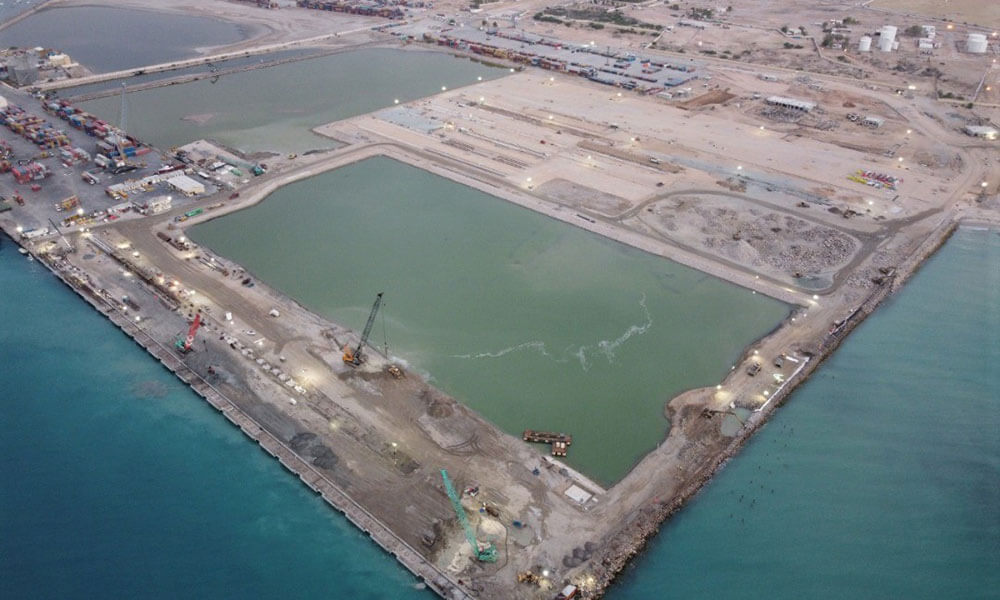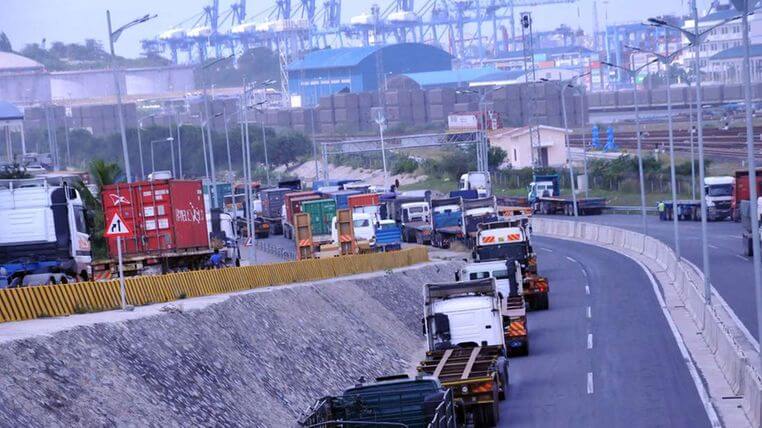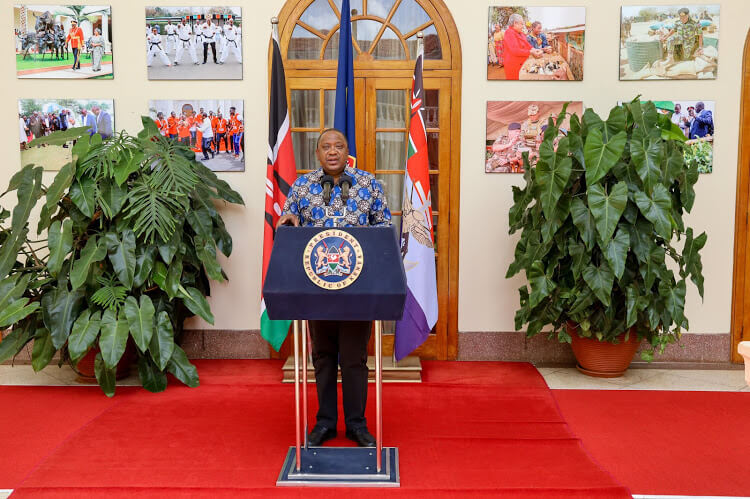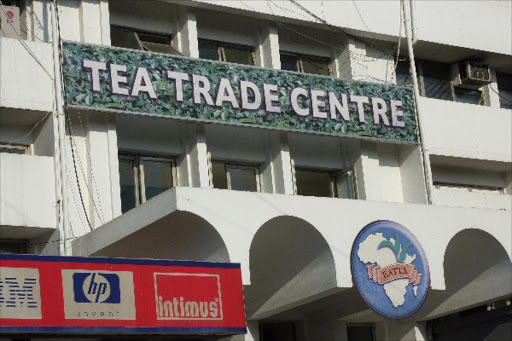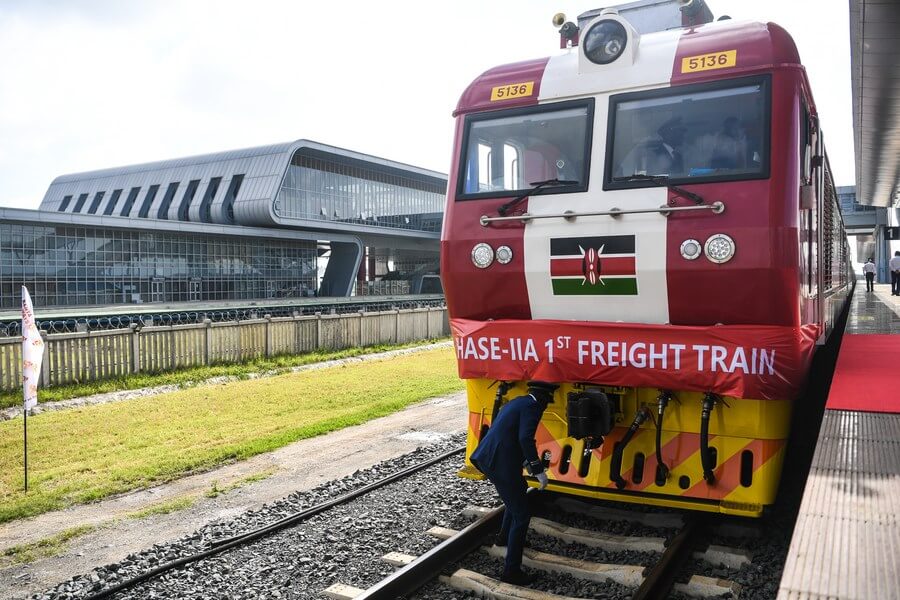14 August 2020: The Tech for Growth programme, launched by the Department for International Trade this week, aims to build trading opportunities between the UK and emerging economies. The UK Department for International Trade (DIT)’s new Tech for Growth programme will build future trading opportunities between the UK and emerging economies through the use of technology to expand access to financial services, the government announced this week. The programme will initially be piloted across Africa for a year. Access to financial services remains low across the continent; aound 60% of adults in sub-Saharan African still do not have access to traditional means of financial services, including banking and insurance. Mobile phone use has risen to over 40%, and the DIT believes that technology can play an increasing role in expanding access to financial services and other sectors. In that first year, the programme aims to establish a UK-Africa ‘Tech for Growth’ community, providing more access to financial services in underserved regions. It will include events across the UK and Africa to promote partnerships between British and African technology and financial services companies. It also looks to establish UK-Africa FinTech trade by highlighting commercial opportunities and addressing any hurdles that are holding back growth in that area. The DIT wants to establish close, collaborative relationships with African governments and regulators to help stimulate the growth of the tech sector across the continent. “Diversifying and increasing trade and investment in sectors such as tech will be crucial for economic recovery from Coronavirus,...
FinTech programme launched to build UK-Africa trade
Posted on: August 17, 2020
Posted on: August 17, 2020

